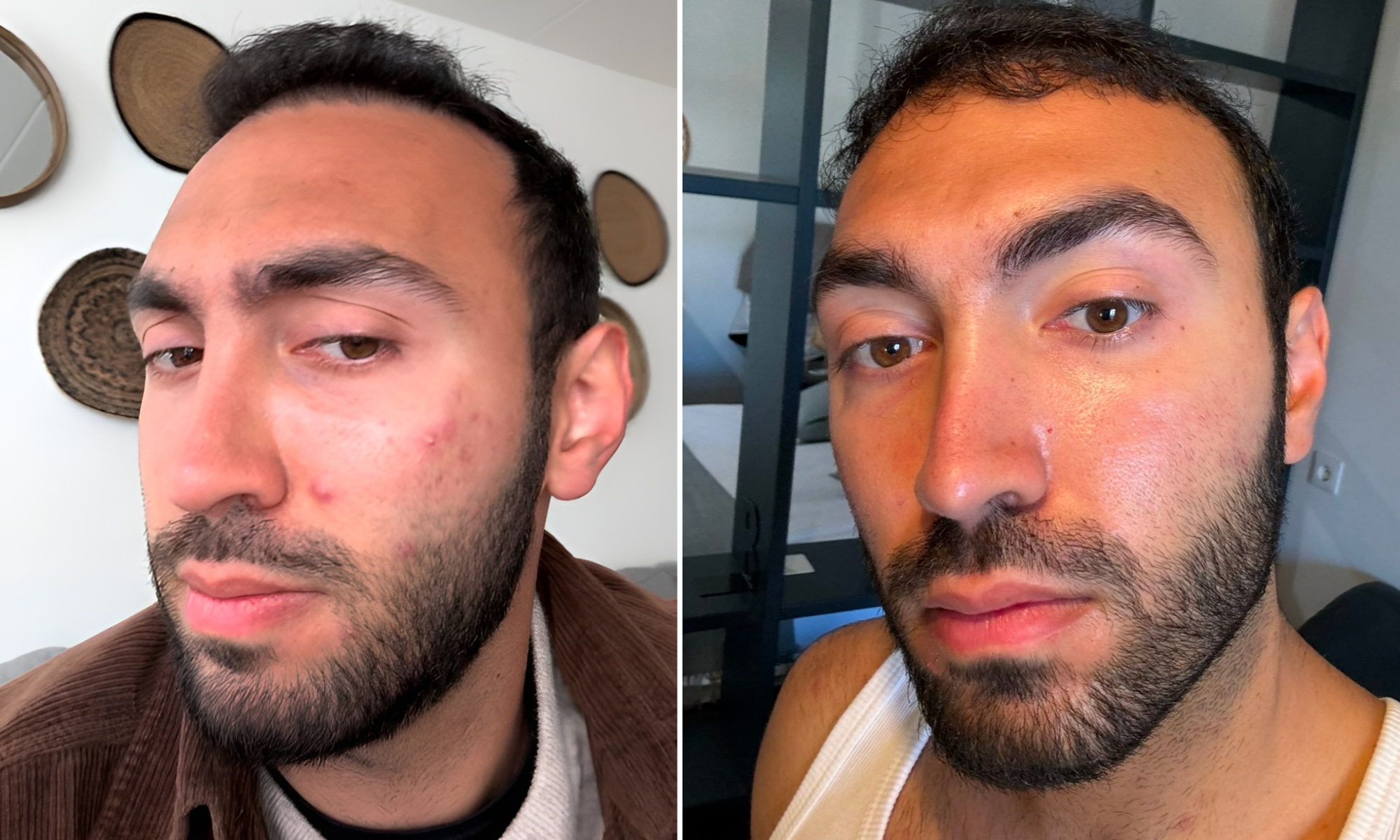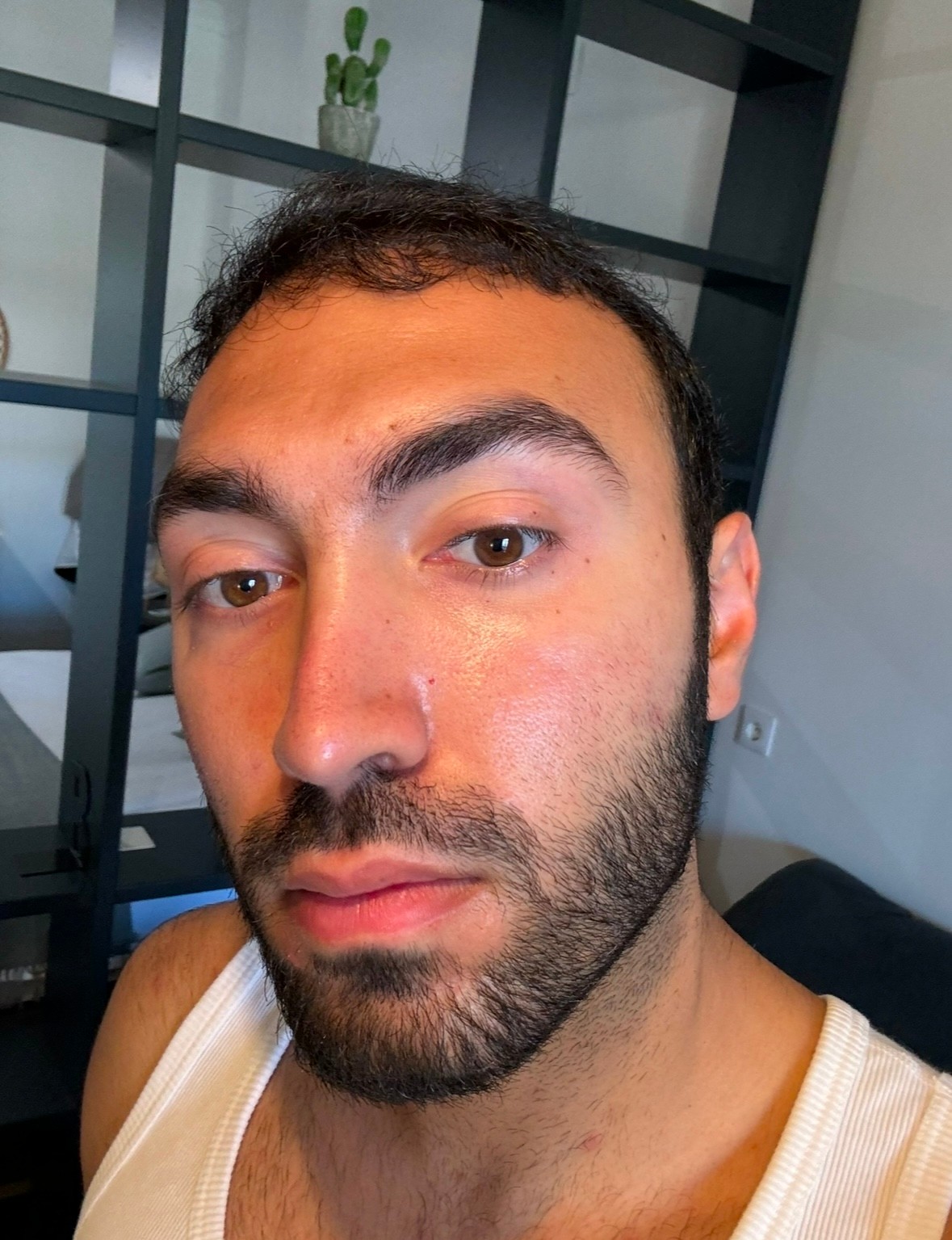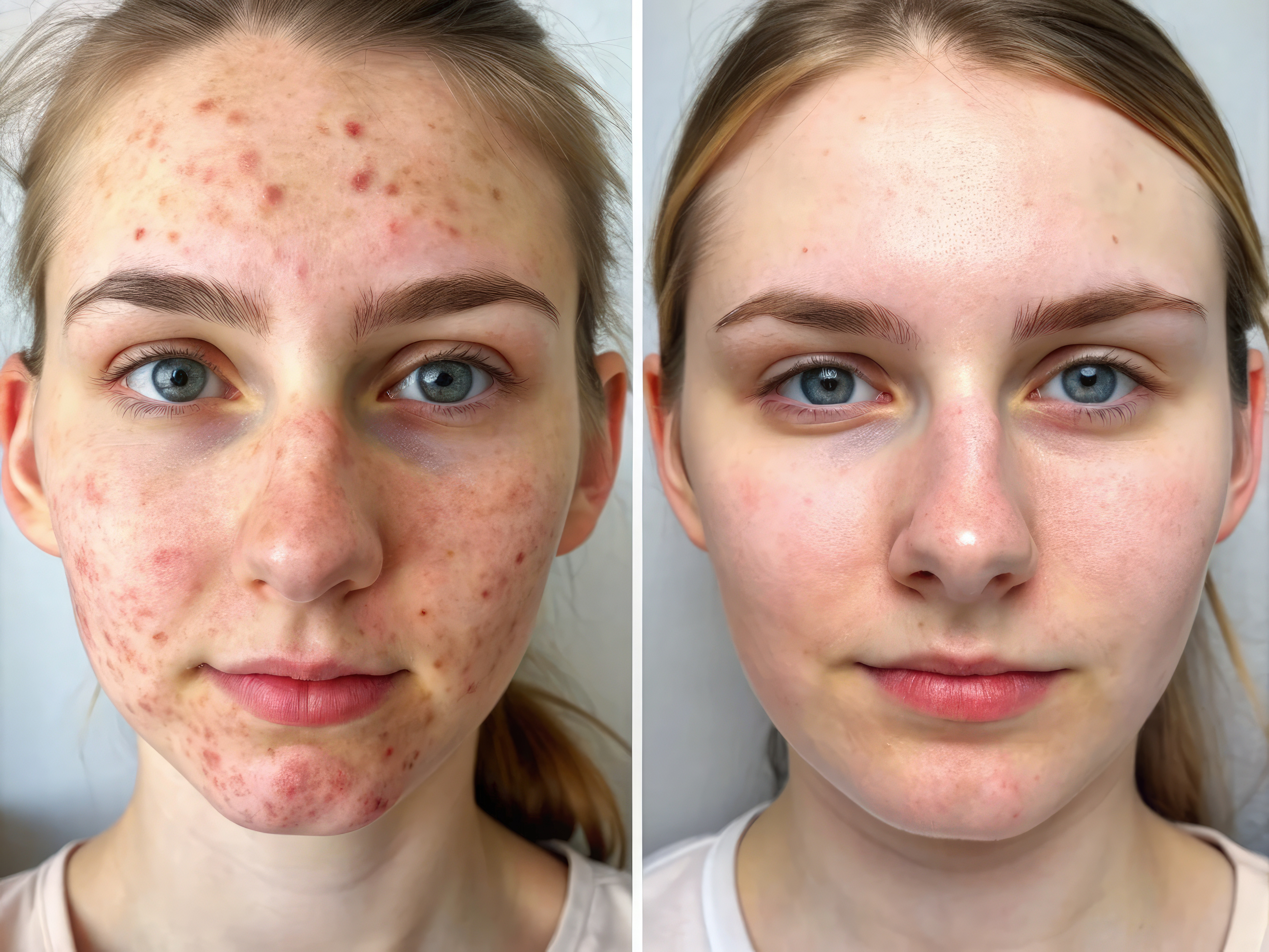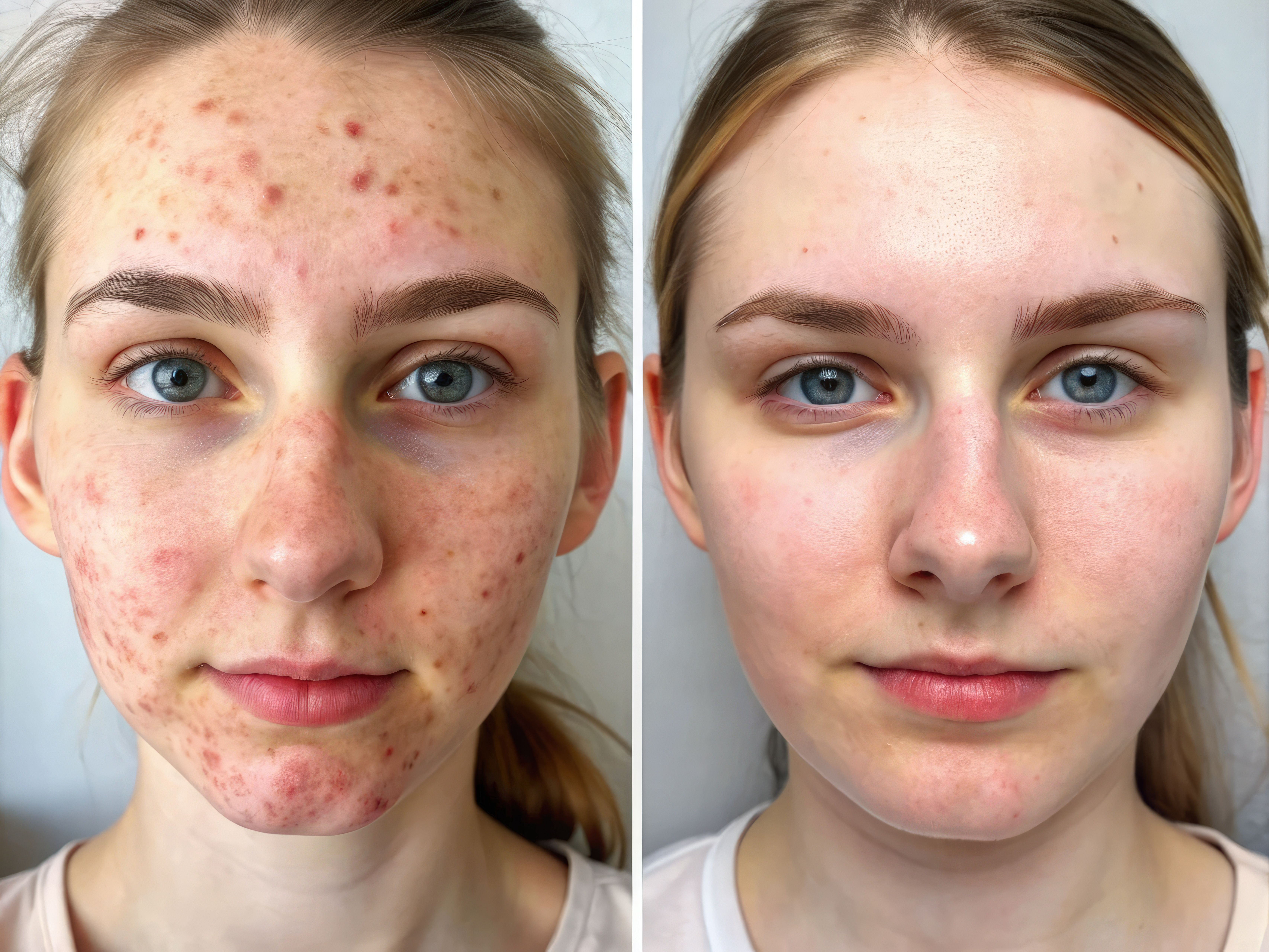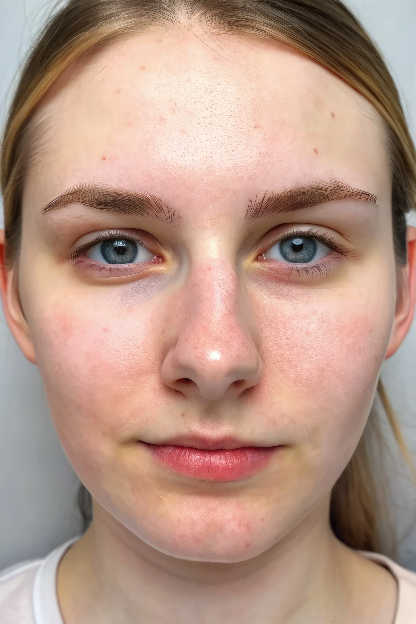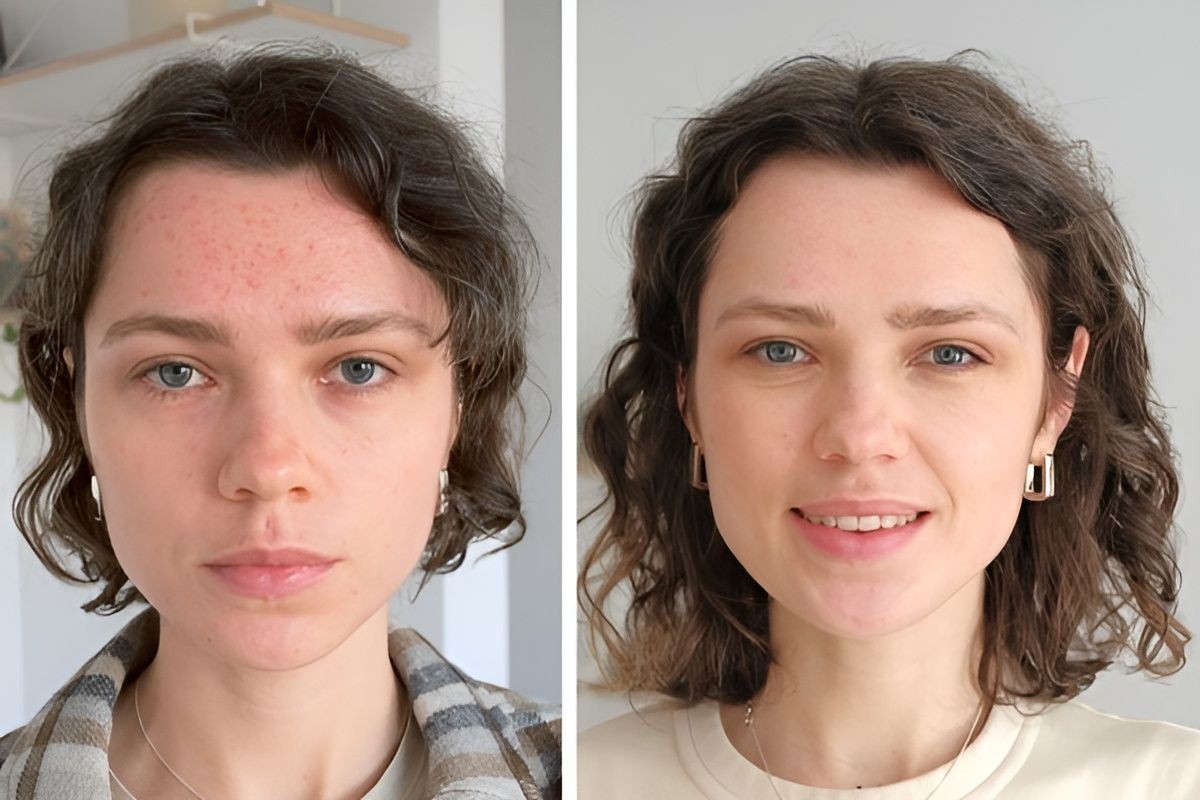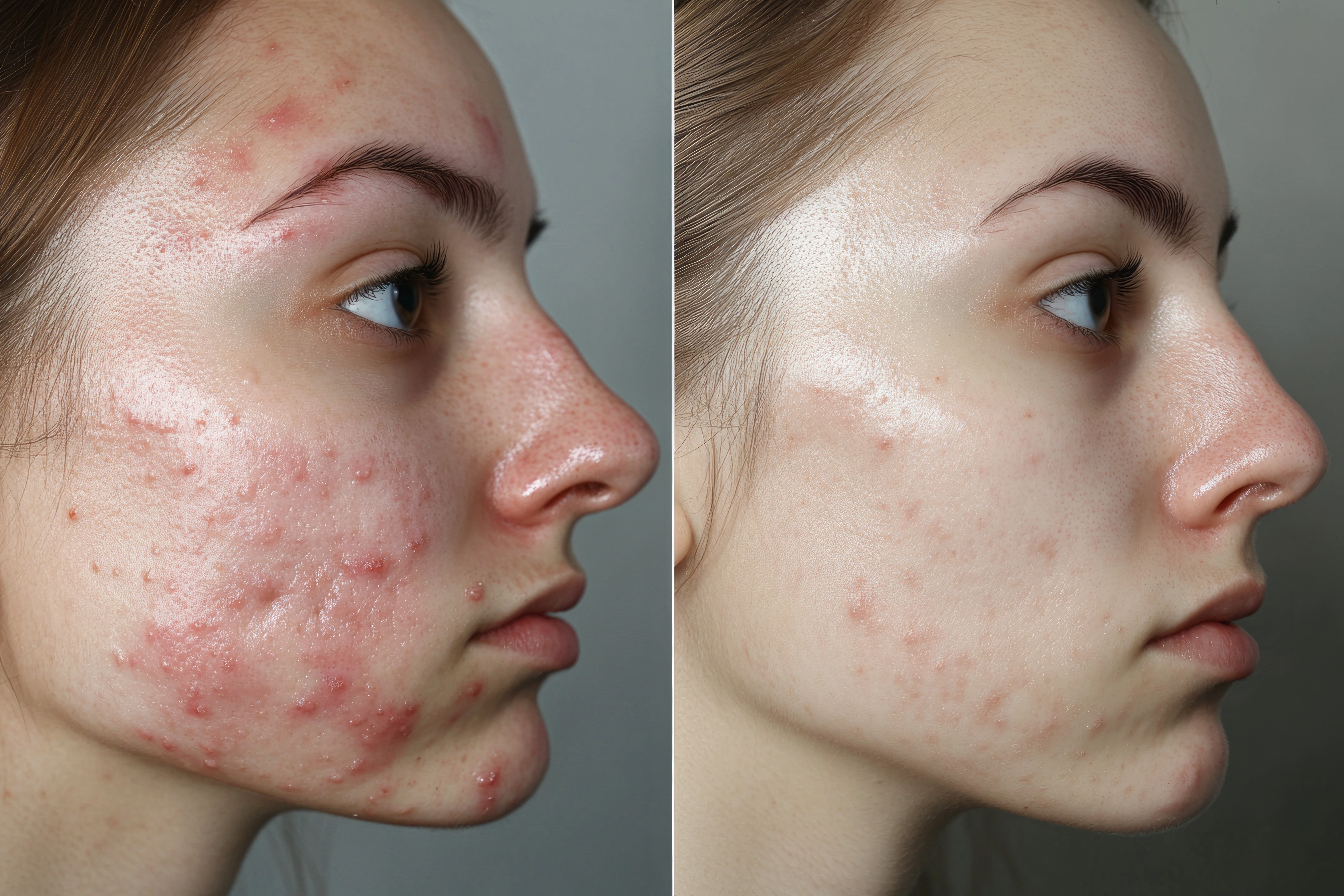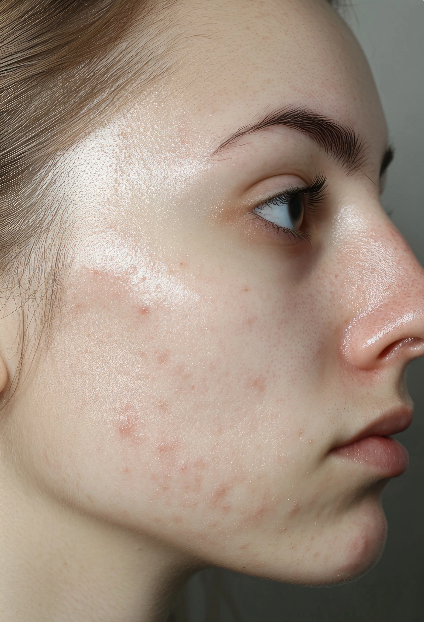What is Stress-Related Acne?
Stress-related acne refers to breakouts that are triggered or worsened by stress. This type of acne can appear anywhere on the body but is often concentrated on the face, neck, and back.
How Does Stress Affect Your Skin?
Hormonal Fluctuations: When you experience stress, your body releases cortisol, a hormone that can increase oil production in the skin. Elevated oil or sebum levels can lead to clogged pores and breakouts.
Inflammation: Stress can also cause inflammation in the body, which may exacerbate existing skin conditions and lead to more severe acne.
Skin Barrier Function: Chronic stress can compromise the skin barrier, making it more susceptible to irritation and breakouts.
Common Triggers of Stress-Related Acne
Life Changes: Major life events, such as starting a new job, moving, or going through a breakup, can elevate stress levels and trigger acne.
Poor Sleep: Lack of sleep is both a cause and a consequence of stress, and it can negatively impact skin health, leading to breakouts.
Dietary Choices: During stressful times, we typically like to resort to unhealthy eating habits, consuming more sugar, dairy, and caffeine, which can all contribute to acne.
Lifestyle Strategies for Stress Management
Mindfulness and Relaxation: Engage in mindfulness practices such as meditation, yoga, or deep-breathing exercises to help reduce stress levels.
Regular Exercise: Physical activity is a powerful stress reliever. Aim for at least 30 minutes of exercise most days to help manage stress and improve overall well-being.
Healthy Diet: Focus on a balanced diet rich in whole foods, fruits, and vegetables. Omega-3 fatty acids, found in foods like fish and nuts, can help reduce inflammation.
Adequate Sleep: Prioritize getting 7-9 hours of quality sleep each night. Establish a calming bedtime routine to improve sleep hygiene.
Seek Professional Help
Persistent Acne: If stress-related acne continues despite implementing skincare and lifestyle changes, consider consulting a Dermatologist. They can provide tailored treatment options and support.
Emotional Support: Sometimes, stress can be overwhelming. Seeking support from a mental health professional can be beneficial for managing stress and its impact on your skin.
What is Stress-Related Acne?
Stress-related acne refers to breakouts that are triggered or worsened by stress. This type of acne can appear anywhere on the body but is often concentrated on the face, neck, and back.
How Does Stress Affect Your Skin?
Hormonal Fluctuations: When you experience stress, your body releases cortisol, a hormone that can increase oil production in the skin. Elevated oil or sebum levels can lead to clogged pores and breakouts.
Inflammation: Stress can also cause inflammation in the body, which may exacerbate existing skin conditions and lead to more severe acne.
Skin Barrier Function: Chronic stress can compromise the skin barrier, making it more susceptible to irritation and breakouts.
Common Triggers of Stress-Related Acne
Life Changes: Major life events, such as starting a new job, moving, or going through a breakup, can elevate stress levels and trigger acne.
Poor Sleep: Lack of sleep is both a cause and a consequence of stress, and it can negatively impact skin health, leading to breakouts.
Dietary Choices: During stressful times, we typically like to resort to unhealthy eating habits, consuming more sugar, dairy, and caffeine, which can all contribute to acne.
Lifestyle Strategies for Stress Management
Mindfulness and Relaxation: Engage in mindfulness practices such as meditation, yoga, or deep-breathing exercises to help reduce stress levels.
Regular Exercise: Physical activity is a powerful stress reliever. Aim for at least 30 minutes of exercise most days to help manage stress and improve overall well-being.
Healthy Diet: Focus on a balanced diet rich in whole foods, fruits, and vegetables. Omega-3 fatty acids, found in foods like fish and nuts, can help reduce inflammation.
Adequate Sleep: Prioritize getting 7-9 hours of quality sleep each night. Establish a calming bedtime routine to improve sleep hygiene.
Seek Professional Help
Persistent Acne: If stress-related acne continues despite implementing skincare and lifestyle changes, consider consulting a Dermatologist. They can provide tailored treatment options and support.
Emotional Support: Sometimes, stress can be overwhelming. Seeking support from a mental health professional can be beneficial for managing stress and its impact on your skin.





